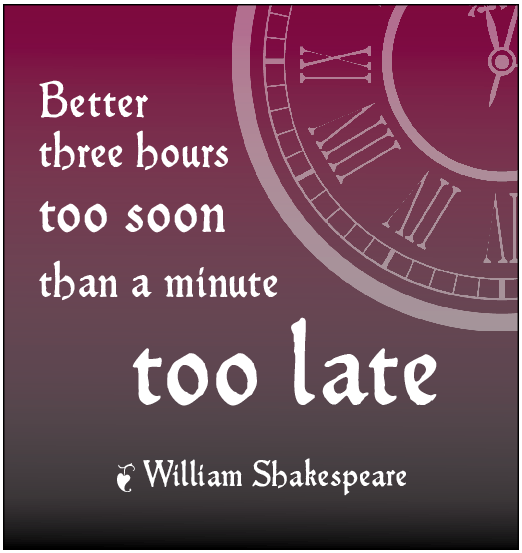I shocked someone recently when I said that I am getting very familiar with our local cemetery. I have been to four funerals there over the last two years, all for local mathematicians or statisticians to whom I was at one time close. One was for the person who first interested me in algebra, one was for my PhD supervisor, one was for the person who taught me functional analysis, and the most recent was for Peter Hall. Their ages were 90, 85, 94 and 64, respectively. I found Peter’s funeral by far the saddest, as he was much too young to die, and he had so much more to give the world.
At funerals and memorial services we celebrate the life of the person who has died. This is appropriate, and can be quite uplifting. But I have come away from my last two years of funerals hoping that I will do much more with people close to me while they are alive.
Three things have stood out for me. First was the amount I learned from the shared memories of others—about people I thought I knew reasonably well. This included aspects of their lives about which I knew little or nothing: hobbies or other non-professional activities, their wider sphere of influence, details about their childhood and early life, and influences and experiences. We speak of “work–life balance” as a desirable goal for a career, but less often do we reflect on the unbalanced view we can have of our colleagues and teachers.
(A side issue here is the total inadequacy of obituaries, however thoroughly and well written they are. Their stylized form and their brevity seldom capture the essence of a person. We need to do much more than write obituaries.)
A second, lasting regret was the number of questions I still have for them, questions I will no longer be able to ask directly. Questions such as “What motivated you to…?”, “How ever did you get the idea to…?” “Why did you…?” or “What do you think of….?” We’re all curious about the thought processes of others, especially those who we admire, those from whom we wish to learn. Questions need to be asked sooner, not left to later.
My third concern was one of personal failing, wondering whether they died knowing the esteem in which I held them, whether I passed that on adequately while they were alive. I was lucky to have the opportunity to visit three of my four friends in hospital during their last weeks, and I hope this conveyed something to them about how I felt. But visits are not always possible, and even if they are, we do not always take the time, or feel able, to say everything we could.
Something more concrete might be called for as a way of marking someone’s life and achievements.
To celebrate International Women’s Day this year, a group of women mathematics graduate students from my local university organized a morning tea tribute to Alison Harcourt, née Doig. Alison is alive and well in the department from which she graduated (with honours) in 1950. After a masters there, she went to the UK for several years. During that time she and Ailsa Land discovered the branch and bound method of combinatorial optimization. She returned to a position in the statistics department in 1963, and taught us the elements of linear and integer programming, including the branch and bound method—without that name. I didn’t know she had (co-)discovered it until this year.
In her informal speech, Alison talked about her schooling in rural Victoria and later Melbourne, how she got attracted to mathematics, statistics, and her major research area, and what it was like to be a woman in an almost entirely male world. We were able to hear her life story, learn from and question her about her long career, and honour her.
How can we do more with and for our esteemed colleagues while they are still alive? We can invite them to talk about their careers, as was done with Alison Harcourt. We can hold a conference or workshop in their honour, as was done for Peter Hall’s 60th birthday, and for my algebra professor on his retirement. A group of colleagues or former students can produce a Festschrift volume, or dedicate an issue or volume of a journal to a respected colleague. We can record a conversation or interview in Statistical Science; a truly outstanding one with Peter Hall will come out there very soon. Round-table Q&A sessions between “elders” and groups of graduate students or junior faculty are a great way to get questions answered. Bin Yu set up three of these for me when I was last in Berkeley. They were great fun for me, and I hope also for the people participating. There are many possibilities.
Try one, try another. Just don’t wait until it’s too late.

Comments on “Terence’s Stuff: Four funerals and a tribute”